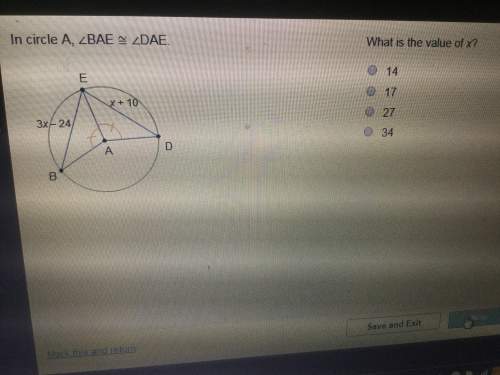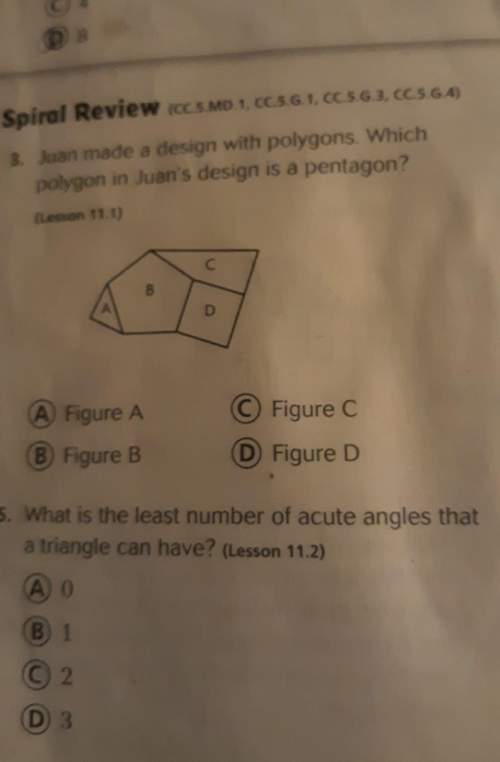
Mathematics, 19.12.2019 21:31 pum9roseslump
The harmonic motion of a particle is given by f(t) = 2 cos(3t) + 3 sin(2t), 0 ≤ t ≤ 8. (a) when is the position function decreasing? (round your answers to one decimal place. enter your answer using interval notation.) correct: your answer is correct. (b) during how many time intervals is the particle's acceleration positive? 4 correct: your answer is correct. time intervals (c) at what time is the particle at the farthest distance away from its starting position in the negative direction? (round your answer to one decimal place.) t = 5.34 correct: your answer is correct. how far away is it from its original position? (round your answer to the nearest integer.) 7 correct: your answer is correct. (d) at what time is the particle moving the fastest? (round your answer to one decimal place.) t = 4.7 correct: your answer is correct. at what speed is the particle moving the fastest? (round your answer to the nearest integer.) -5 incorrect: your answer is incorrect.

Answers: 1
Another question on Mathematics

Mathematics, 21.06.2019 16:40
Simplify the expression and find the missing terms. the simplest form of has in the numerator and in the denominator.
Answers: 3

Mathematics, 21.06.2019 18:30
Afarm that has 4 x 10^2 acres has 1.2 x 10^5 cattle. what is the average number of cattle per acre? write the answer in scientific notation. answere asap
Answers: 2


Mathematics, 21.06.2019 21:50
Rachel is studying the population of a particular bird species in a national park. she observes every 10th bird of that species that she can find in the park. her conclusion is that the birds living in the park who belong to that species generally feed on insects. rachel's sample is . based on the sample she picked, rachel's generalization is . reset next
Answers: 1
You know the right answer?
The harmonic motion of a particle is given by f(t) = 2 cos(3t) + 3 sin(2t), 0 ≤ t ≤ 8. (a) when is t...
Questions


Mathematics, 16.06.2021 19:00

English, 16.06.2021 19:00



English, 16.06.2021 19:00


History, 16.06.2021 19:00

Mathematics, 16.06.2021 19:00


Geography, 16.06.2021 19:00



History, 16.06.2021 19:00


Biology, 16.06.2021 19:00




 attains its maximum over
attains its maximum over  . We have
. We have

 such that
such that






 is any integer. We get 8 solutions over the given interval with
is any integer. We get 8 solutions over the given interval with  from the first set of solutions,
from the first set of solutions,  from the set of solutions where
from the set of solutions where  , and
, and  from the set of solutions where
from the set of solutions where  . They are approximately
. They are approximately









